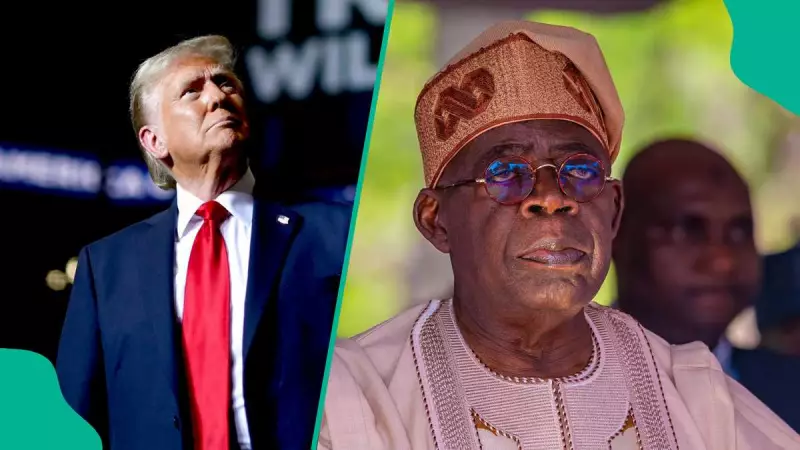
The longstanding trade relationship between Nigeria and the United States faces significant uncertainty as former President Donald Trump's tariff threats loom over international commerce. Recent data reveals a concerning trend: the United States has slipped to sixth position among Nigeria's top trading partners, marking a substantial shift in economic dynamics.
America's Declining Trade Position
Economic indicators show the United States falling behind other global players in Nigerian trade. This decline comes amid growing concerns about potential protectionist policies that could further strain the crucial economic partnership between both nations.
Trump's Tariff Warning: What It Means for Nigeria
During recent political rallies, the former president has floated the idea of implementing universal baseline tariffs on most foreign goods. Such measures could have devastating effects on Nigerian exports, particularly in key sectors like:
- Crude oil and energy products
- Agricultural commodities
- Manufactured goods
- Services and technology exports
Potential Impact on Nigerian Economy
Analysts warn that reduced access to the American market could trigger several economic challenges for Nigeria:
- Export revenue decline: The US remains a significant market for Nigerian crude oil and other exports
- Currency pressure: Reduced dollar inflows could affect naira stability
- Investment uncertainty: American companies might reconsider Nigerian investments
- Trade diversification: Nigeria may need to accelerate寻找 alternative markets
Nigeria's Strategic Response
Economic experts suggest Nigeria should consider multiple strategies to mitigate potential damage:
- Strengthening trade relations with emerging markets
- Enhancing intra-African trade through AfCFTA
- Diversifying export products beyond traditional commodities
- Improving trade infrastructure and logistics
The evolving situation demands careful monitoring as political developments in the United States could significantly influence Nigeria's economic trajectory in the coming years. Business leaders and policymakers are advised to prepare contingency plans for various scenarios that might emerge from the American political landscape.





